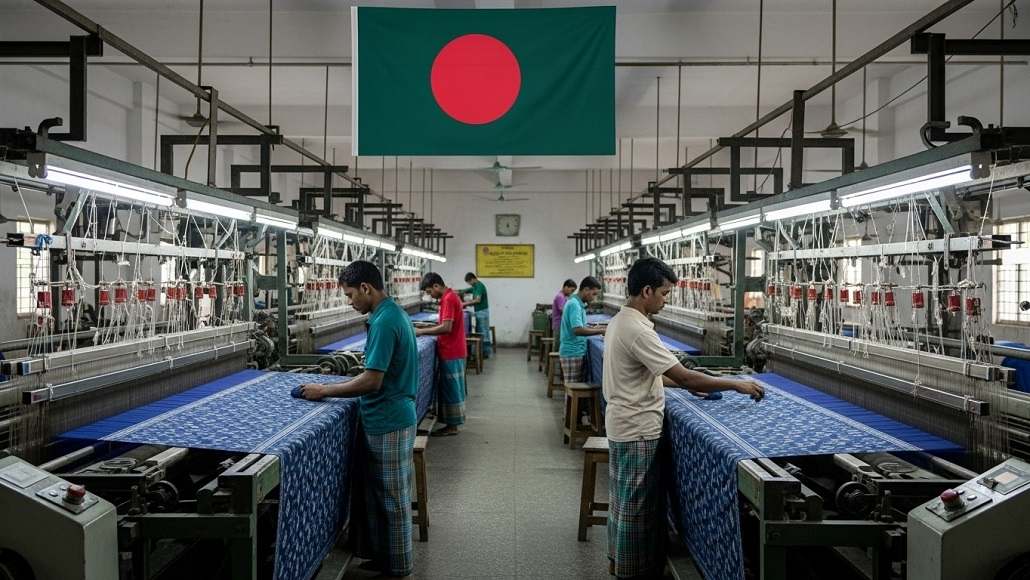The conflict between Iran and Israel poses challenges for other businesses and the rising oil price due to the war may have a decisive effect on Bangladesh’s readymade garments (RMG) sector.
“The Iran-Israel war could be a new challenge for the local garment industry that could result in rise in global oil prices. And sustaining the competitiveness amid such situation could be very challenging,” says Mahmud Hasan Khan Babu, the newly elected president of Bangladesh Garment Manufacturers and Exporters Association (BGMEA).
Babu’s remarks were publicly made after the BGMEA board handover ceremony of the 2025-27 term, which was held in the Noorul Quader Auditorium under the BGMEA complex.
The BGMEA election, held on 31 May, ended in victory for Babu’s Forum panel by winning 1,149 votes.
Additionally, Babu was concerned with the possible threats to the industry’s competitive advantage by the ongoing war.
“We are going to take charge at a time when our RMG sector is going through critical challenges posed in the national and international circuit. We have to do lots of work to maintain competitiveness in the Bangladesh RMG sector,” Baba said.
He also found a number of factors affecting the industry performance, namely US tariffs, the revocation of transhipment privileges by India, high interest rates from banks, inflationary pressures, poor infrastructure, labour wage increases, and increasing energy costs.
Efforts are in progress to negotiate with stakeholders over US tariffs so that they may be kept manageable.
In April this year, the Bangladesh Textile Mills Association (BTMA) also approached the US embassy and National Cotton Council of America (NCC) requesting duty-free access for Bangladeshi garments manufactured using US cotton.
The interim leader of the country, Muhammad Yunus also called on the US to delay its 37% duty on all US-bound items by three months, in the same month.
In line with his campaign promises, Babu suggested the formation of a separate ministry for the Bangladesh RMG sector.
He further made an announcement to initiate a digital platform for BGMEA members to simplify service application and ease complaint filing related to association activities. He further pledged to advocate for the establishment of a dedicated ministry for the garment sector—an ambitious attempt for bureaucratic empowerment.
































